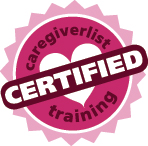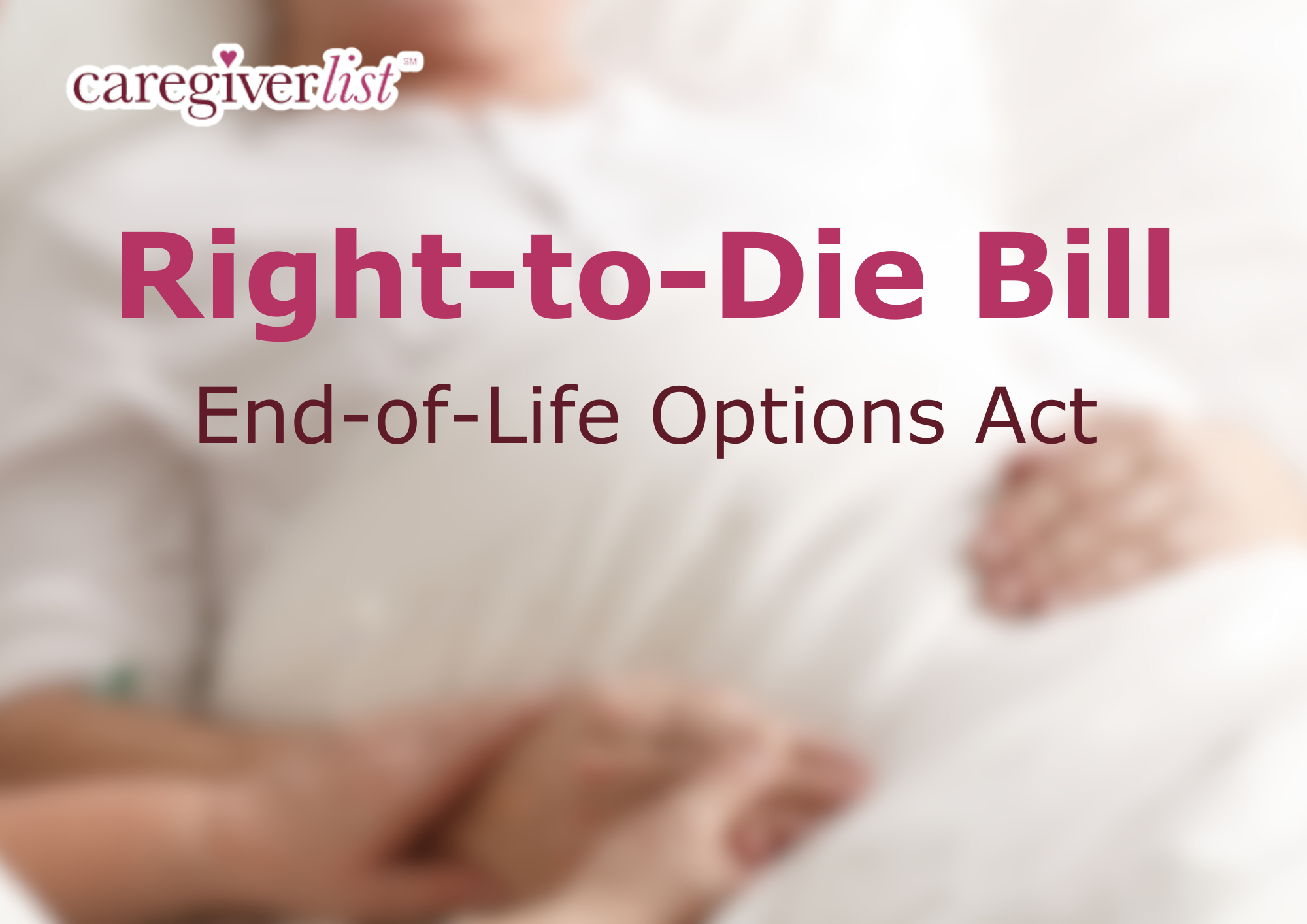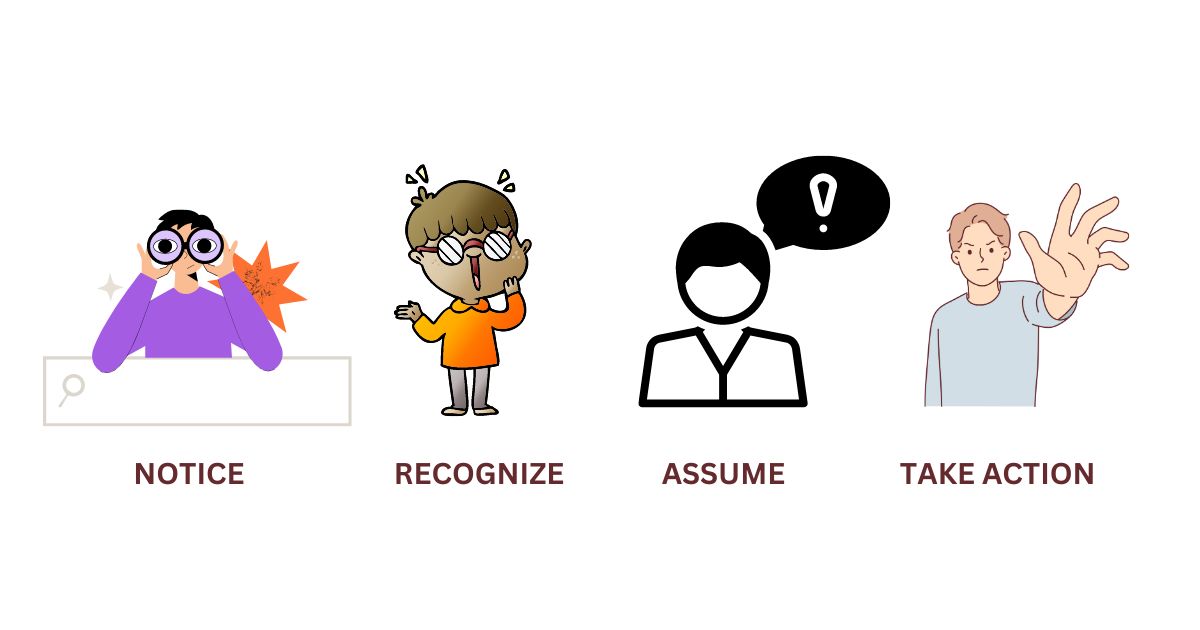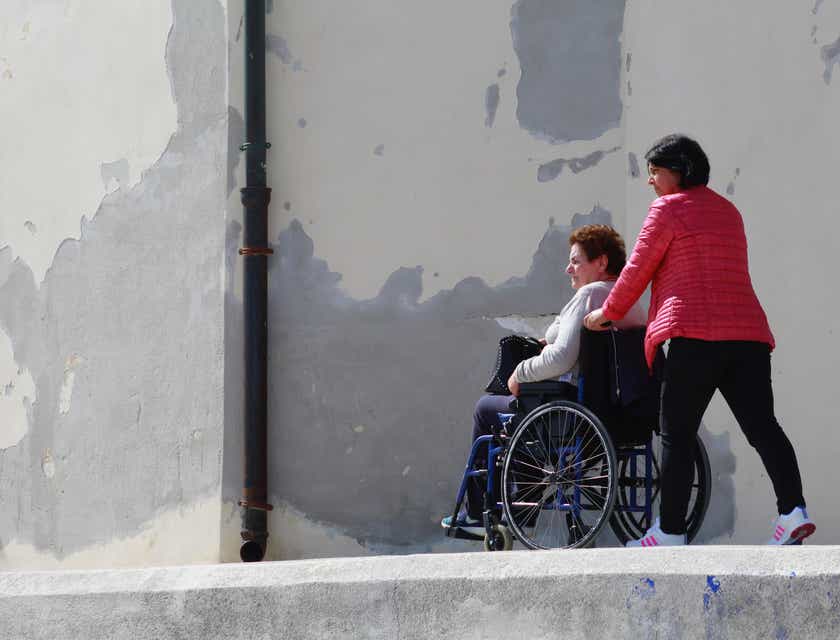Caregiver background checks are the first step in the caregiver hiring process. But there is much confusion about the types of background checks and the information that is actually included. The federal government passed legislation to guide employers on background checks as it is important to give criminals a second chance. The legislatures decided 7 years is the amount of time that should pass to have a clean slate and this requirement is part of a law called the FCRA (Fair Credit Reporting Act).
States, however, can pass their own laws governing background checks for employment. These state background check laws will trump the federal law (over-ride it). Some states allow looking back for more than 7 years if an employee will be working with a senior or a child.
Senior caregiver employers must follow the state background check requirements in their state and caregiver job applicants should also be aware of these requirements which you can find in Caregiverlist’s Background Check Laws “By-State” section. Caregivers may also want to purchase their own background check prior to applying to a professional senior care job to verify all of the information. As a digital life is a reality now, identity theft and fraud have grown at a high rate and it is important to learn to check your information at least annually to be sure there is no inappropriate information attached to your name. You should also be sure to only purchase a quality caregiver background check.
Minnesota senior caregiver employers now must follow a new law which Governor Mark Dayton just signed into law, nicknamed “Ban the Box”. This law prohibits employers from inquiring about a job applicant’s criminal history or conducting a background check until the applicant has been granted an interview or job offer. This new Minnesota law also requires removing the question of criminal convictions or arrests on initial job applications. However, senior caregiver employers can still inform applicants that a criminal history could be a disqualifying factor for a particular job.
Minnesota first passed the “ban the box” law in 2009, applying only to public employers (state and local governments). Minnesota Senate File 523 expands the law to include private employers and takes effect January 1, 2014.
Employers exempt from the law are those serving vulnerable populations and those employers who are not permitted to hire people with a criminal history. The Minnesota Department of Human Rights is responsible for enforcing the law and employers will be assessed up to $500 per violation.
Caregivers for senior home care agencies, assisted living communities and nursing homes receive all benefits for employees, as required by law, including unemployment insurance, worker’s compensation insurance and healthcare benefits. In order to offer these benefits, companies must hire caregivers who are legal to work and who pass criminal background checks. Purchase a caregiver background check and apply to a senior caregiver job in your area. You may also learn about caregiver job descriptions and requirements as more people are needed in the senior care field as the number of seniors in America continues to increase rapidly.








